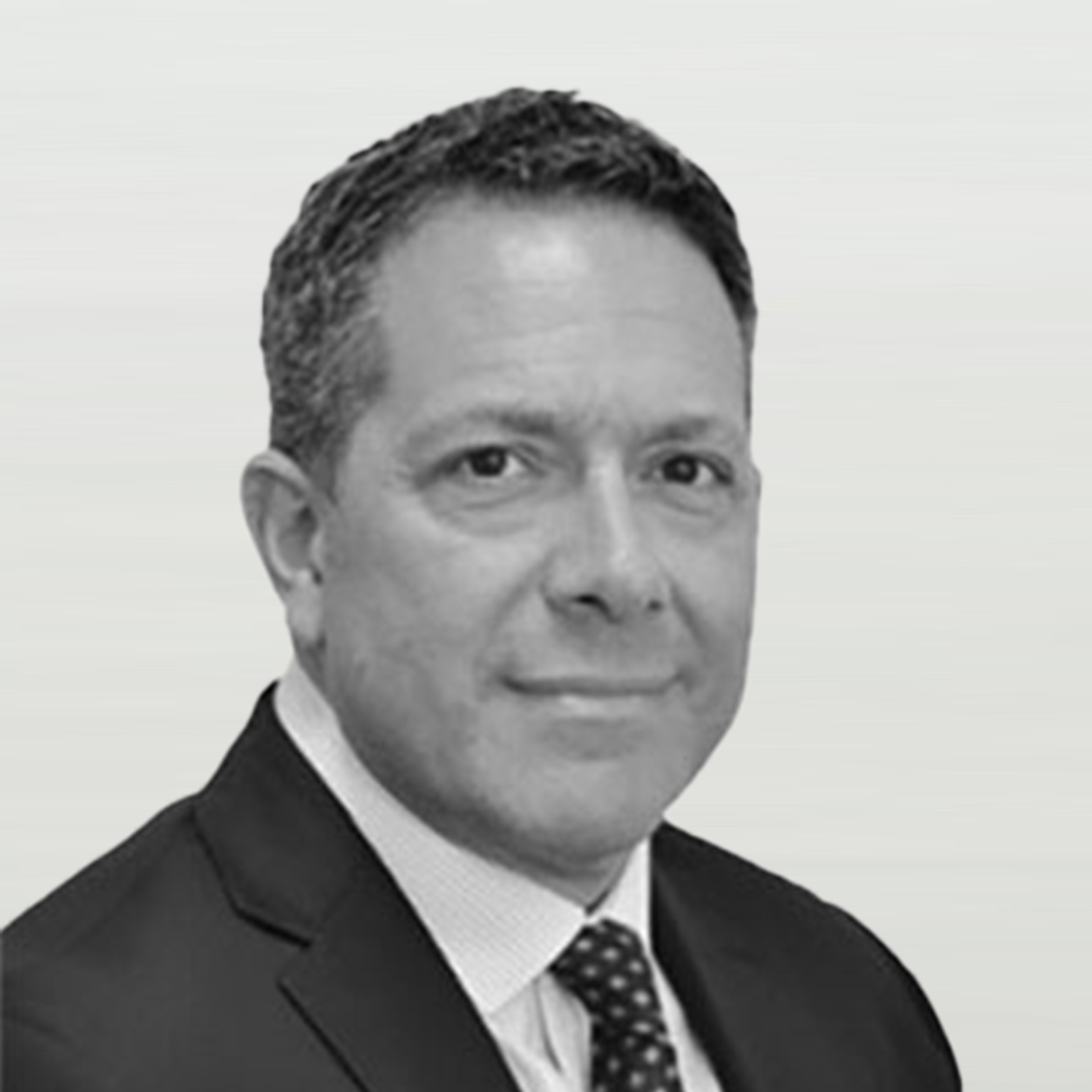
In the latest in our series, Portfolio Adviser hears from River and Mercantile Group head of wholesale Simon Smith (pictured right)
Which particular asset classes and strategies do you anticipate your intermediary clients focusing on over the second half of the year and into 2022?
Allocators are aware they remain heavily skewed towards growth stocks so I expect them to further rebalance their exposure. Investors will likely take profits and reallocate to areas offering fundamental value. I also think the trend of investing in diversifying strategies, such as private equity and infrastructure, will continue to grow.
Among of our top-performing funds this year at River & Mercantile (R&M) have been UK Smaller Companies, European and Global Recovery and we would expect this positive performance to continue into 2022. UK and European equities markets were in a holding pattern and unloved by investors globally but, post-Brexit, are attractively priced. We are yet to see if global allocators will separate UK out from their historic pan-Europe approach. At R&M, we have for example seen investors in South Africa allocate to our UK Recovery (Value) strategy this year.
Should end-investors – and, by association, asset managers – be thinking beyond equity and bond investments? Towards what sort of areas?
Traditional bond, income-producing asset classes are not going to be attractive in an environment with growing inflation. Low-correlating asset classes are attractive – especially if they are offering an income stream, such as infrastructure. The industry should continue to open up these previously institutional areas of investment to the retail investor.
“As a boutique, cost control and product value are core to our DNA”
Given client and regulatory pressure on fees and charges, how is your business delivering value for money to intermediaries and end-clients?
As a boutique, cost control and product value are core to our DNA as we recognise the importance to investors of delivering investment excellence through our alpha manufacturing processes. At R&M, we have delivered outperformance in line with market appetite for our UK Smaller Companies, European and Value funds. Being active, engaged managers has been key.
Some investors in the market are telling us they are seeing a lack of value-style strategies targeting ESG ‘improvers’. We are prepared to research these firms, however, targeting returns outside of the traditionally loved ESG stocks. It is a given we will provide investors with visibility and demonstrate a strong engagement process with these businesses.
Rather than just buying the perceived ‘winners’, we think it is important to widen the sustainable lens to make a real difference in the world as well as deliver strong returns. We want to support businesses that are critical to economies on an improvement journey.
Investors do not fully outsource other parts of the investment process but seem happy to do this in ESG. The inconsistencies among providers and backwards-looking nature of their ratings provide inconsistencies between perception and reality that we can exploit.
Furthermore, we also recently built our own proprietary ESG stock analysis tool, which enables us to analyse companies and their strategic sustainable direction in real time, rather than lag progress, which is what the market-produced analysis tends to do.
How much of your distribution is currently oriented towards ESG issues and sustainable investing? How do you see this evolving over the next 18 months?
As active managers, we must lobby to improve ESG issues. Our ‘S-PVT’ philosophy – that is, ‘Sustainability, Potential, Valuation and Timing’ – is core to our investment strategy, with ESG issues underlying everything we do. In the past year, R&M has also hired a head of ESG to align our ESG strategy across the company. We are confident our manufacturing expertise can add investment value through our ESG analysis and company engagement.
“The industry has always been excellent at evolving and adapting – this time it has focused on working practices”
In what ways do you think the experience of the last 18 months has permanently affected or changed the asset management sector?
Although building trusted, high-value relationships will always involve face-to-face engagement, we have moved to a balanced client model, removing thousands of business miles per annum. The industry has always been excellent at evolving and adapting – this time it has focused on our working practices.
How do you plan to balance face-to-face and virtual distribution? Have you identified aspects where one is especially better (or worse) than the other?
Finally, the distribution model has evolved! While investors still require a high-value, real-time level of engagement, this is now delivered via a multi-medium communication approach, providing investment insight as investors wish to consume it, with face-to-face an option alongside many digital forms.
Did you manage a staycation or to get abroad this summer?
Personally, I decided the only way to keep life safe and simple was to staycation, which I spent in Devon along with many of our clients and colleagues, it turns out, as I bumped into a number of them. One of our largest investors, whom I have met over many years in London, lives in Devon, so we have agreed to mix our meeting locations up moving forward.
What aspects of your own lockdown routine do you expect to continue with as people migrate back to office-working?
In the last 30 years of having the privilege of working in this industry, I have yet to see many of our clients sat in my office. I prefer to be out and around the country – so working from home and being on the hoof again, seeing clients locally, will be a blessed relief!
More generally, what are you expecting from ‘the new normal’?
Balancing the new normal with human interaction preferences will be key to providing the right level of engagement and service to our investors.







